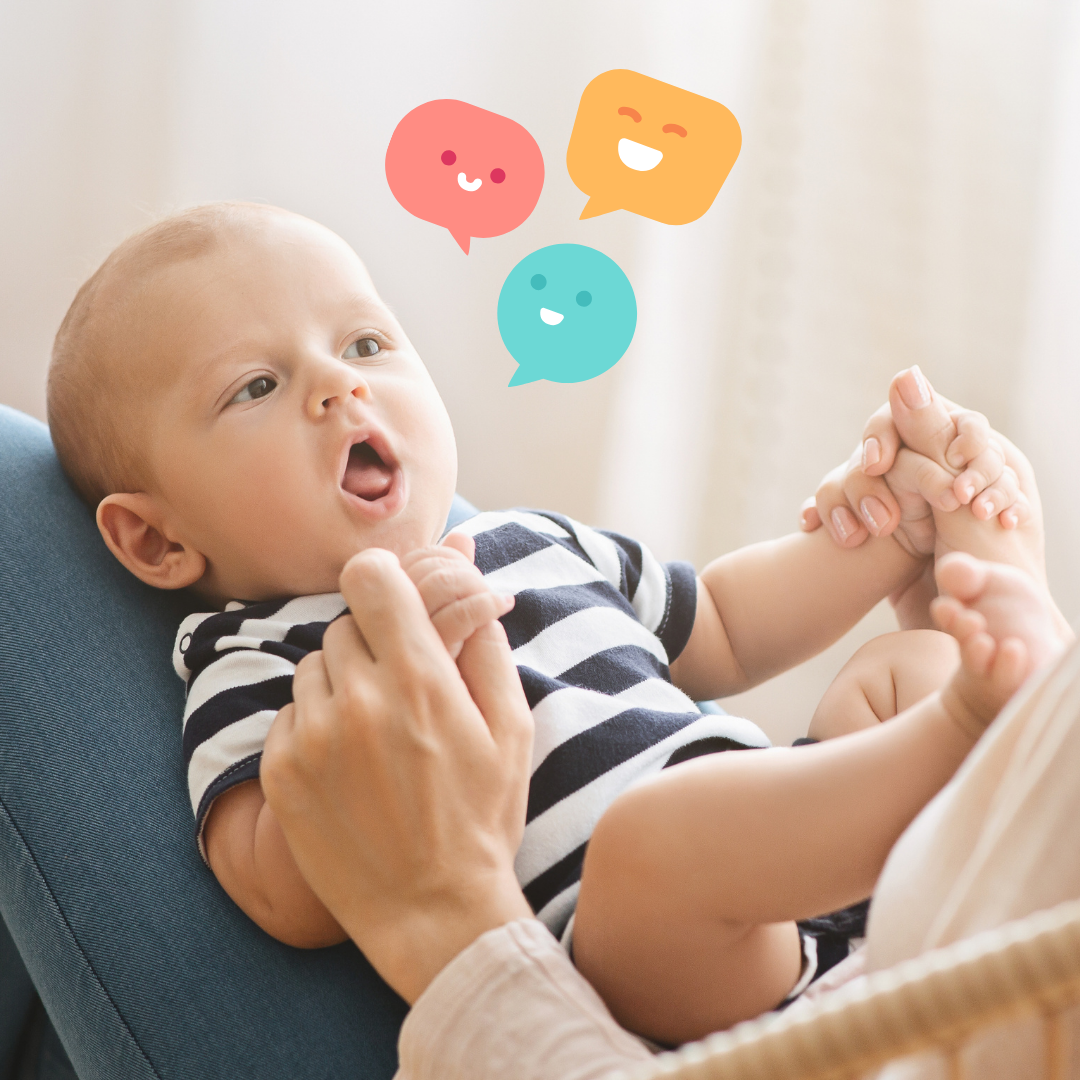Gratitude is Good Medicine

A growing body of research is showing that the practicing gratitude can have positive dramatic and lasting effects in a person’s life. Gratitude can lower blood pressure, improve immune function, and facilitate more efficient sleep. Gratitude reduces lifetime risk for depression, anxiety, and substance abuse disorders, and is a key resiliency factor in the prevention of suicide. It also affects behavior! Grateful people engage in more exercise, have better eating habits, and are less likely to smoke or abuse alcohol, and have higher rates of medicate adherence.
A professor of psychology at UC Davis believes gratitude works because it allows individuals to celebrate the present and be an active participant in their own lives. The practice of gratitude focuses the mind on what an individual already has versus what is absent and is needed. With so much science back up the health benefits raising a thankful child goes hand in hand with setting them up for lifelong success.
You might venture to even make the claim that practicing daily gratitude is as important as taking your daily multivitamin or probiotic. So how do you teach your little one how to be grateful? Here are five tips from child development experts:
1) Teach them to say thank you to the people who do things for them. That can be their server at a restaurant, a brother or sister who helps them pick up toys, or a friend who gives them a birthday gift.
2) Tell your kids why you are grateful for them. Be specific in letting your children know they are special and loved. For example: ‘I appreciate the way you help your brother tie his shoes.’
3) Talk about the things you are grateful for. This can be done in many ways, from a blessing before dinner to keeping a family gratitude journal.
4) Support a charitable event or organization. Whether you are donating clothes or toys, participating in a food drive, or baking cookies for a new neighbor, talk to children about what those actions mean to those who receive the kindness.
5) Be consistent. Like all skills, gratitude is not learned in one lesson.
The first five years of life are a great opportunity to help your little one develops a healthy foundation of understanding being thankful. When we teach our children to appreciate what they have, and what others do for them, we are helping them become happier, healthier adults.
Share this post
About the Author

Meet Anna Chase, Colic Calm's dynamic and thoughtful Director of Marketing. Anna has a passion for health, especially when it comes to helping Moms and little ones. When she isn't leading the communications for Colic Calm, Anna enjoys spending time with her family, laughing a lot and soaking up the sunshine in Florida.
Related Posts
The Importance of Mom Friends
The Colic Survival Guide - Everything You Need to Know
Multivitamins for Babies
21 Essentials to Pack in Your Hospital Bag
Topics
- Probiotics
- Baby Hiccups
- Infant Formula
- Infant Feeding
- Immunity
- COVID-19
- Breastfeeding
- Baby Shower
- Colic
- Infant Sleeping
- Tips for Moms
- Labor and Delivery
- Baby Gas
- Gas and Reflux
- 0-6 Month Gifts
- Self Care
- Clinical Study
- Development
- Birthday
- Hydration
- Activities
- Products
- Recipes
- Gas
- Holiday
- Tips for Dad
- Baby Feeding
- Bathing Baby
Tags
 Canada
Canada South Africa
South Africa UK
UK EU & Int
EU & Int Ireland
Ireland Australia
Australia Brazil
Brazil New Zealand
New Zealand

















Comments